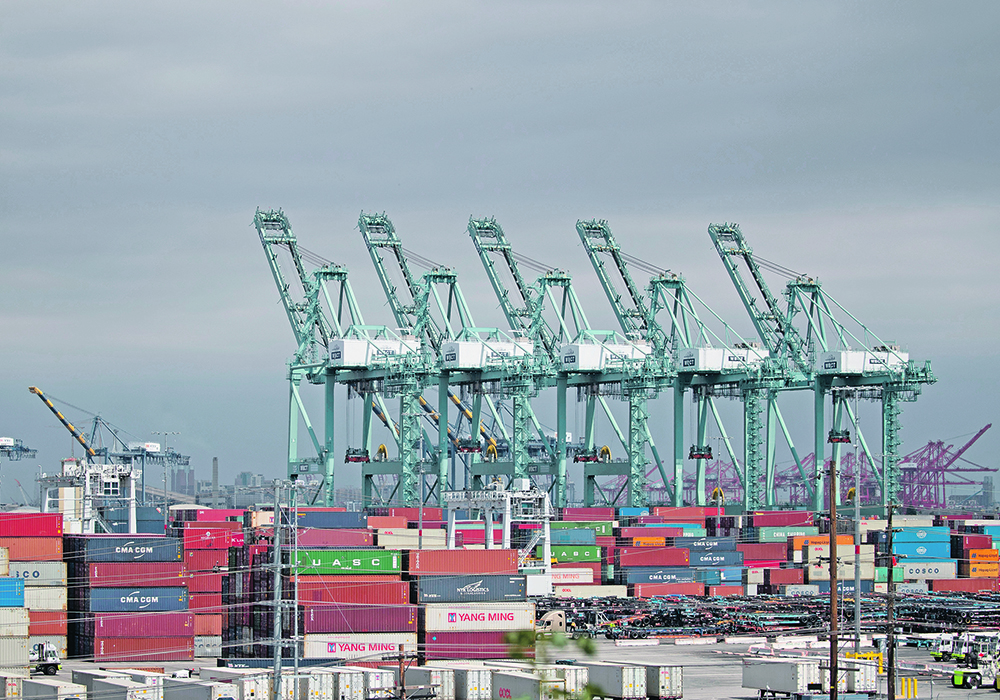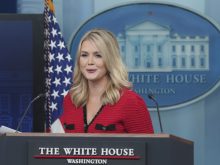Representatives from European, American and Chinese grain trade interests hope protectionist tendencies will ease
A cautious but optimistic world grain trade hopes to get back to “normal” business soon and back to globalization.
There have been shocks to many countries’ food systems and a rising tide of protectionism, but members of a panel at the International Grains Council’s annual meeting sounded confident.
“Through COVID-19 we should deeply realize the significance of grain trade globalization and (the) multilateral trading system,” said Luan Richeng, a vice-president with China’s commodity-buying giant, COFCO.
“(China’s grain trade) is committed to promoting the integration of China’s grain sector with (the) global supply chain and value chain.”
Read Also

Critical growing season is ahead for soybeans
What the weather turns out to be in the United States is going to have a significant impact on Canadian producers’ prices
Representatives from European and United States grain trade interests shared similar sentiments, hoping that the pandemic’s effects would ease.
“This is the new world,” said Paul Goris, executive director of Drybulk Terminals Group, which operates commodity systems in ports, about the growing demand for higher quality grains and other foods from expanding populations in Africa and elsewhere.
“There is tremendous investment at this moment being carried out.”
Ryan LeGrand, president of the U.S. Grains Council, was relieved that the COVID-19 shock didn’t cripple international grain trade.
“The flow of grain and feed into our export channels has remained largely unhindered,” said LeGrand.
Anastassios Hamiotis of the European Commission said the international grain trading system has survived well.
“We’re facing a severe demand shock,” said Hamiotis.
“Overall, we do not expect to face major problems in terms of supply.”
Florent Beluche of J.S. Morgan, the U.S. investment bank, was cautious about future demand because of the increase in poverty.
“There is definitely a shift in demand (away from meat and other high-cost foods) but we are also likely to see a drop in demand,” said Beluche.
Farmers were already suffering when the pandemic struck, so their situation is even worse today.
However, J.P. Morgan is bullish about the world economy now that recovery is underway.
“That very strong bounce, that V-shaped recovery, is likely to be a supporter of food consumption, grain consumption,”said Beluche.
“It will take time, but I see that very optimistic scenario is likely to bring some hope to many agricultural commodity producers.”
Concern about the growth of anti-trade sentiment is widespread in the world grain trade, with recent aggressive actions by countries like the U.S. and China damaging confidence in the free flow of products.
“Tariff escalations nearing $1 trillion have stunted global trade,” said John Griffith, a senior vice-president with CHS, the giant U.S. commodity co-operative.
“Predictability in the global food trade is vitally important. Globalization and trade have lifted standards of living.”


















